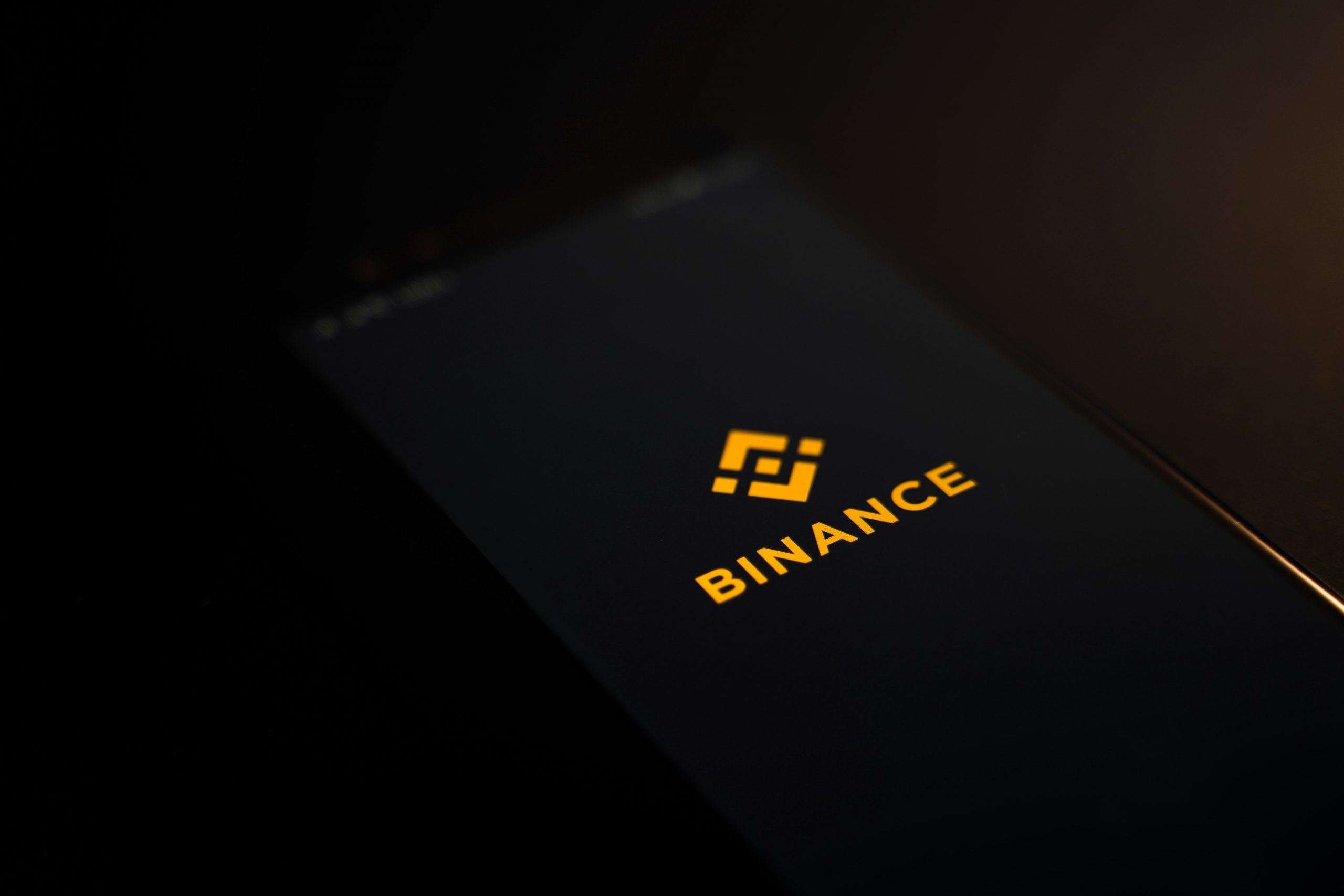Aave Unveils V4 Protocol Overhaul: Revolutionising DeFi Lending
Aave Labs, the firm behind DeFi shared the next version of its protocol which include improvements to its sablecoin GHO.

Binance, a leading cryptocurrency exchange, has implemented a price cap for Tether (USDT) trading pairs in Nigeria. This move is aimed at aligning with local regulations in the country.
The price cap is intended to prevent excessive speculation and manipulation in the cryptocurrency market. By imposing limits on the price at which USDT can be traded, Binance seeks to promote stability and compliance with regulatory requirements.
This decision reflects Binance’s commitment to operating within the legal framework of the jurisdictions in which it operates. By adapting its policies to local regulations, the exchange aims to foster trust among users and regulators while continuing to provide access to cryptocurrency trading services.
Cryptocurrency exchange Binance has recently made significant adjustments to its operations in Nigeria, one of Africa’s largest markets for digital currencies.
In response to regulatory pressures and to ensure compliance with local laws, Binance has decided to implement a price cap for Tether ($USDT), a popular stablecoin pegged to the US dollar. This move comes amidst a broader trend of regulatory scrutiny on cryptocurrencies in various jurisdictions worldwide. The crypto exchange revealed its commitment to its Nigerian users, working hand in hand with local authorities, lawmakers, and regulators to ensure it acts on users’ noncompliance with the price cap.
Binance peer-to-peer (P2P) enables users to buy and sell crypto for fiat currency directly with other users. However, traders in Binance cannot currently trade USDT above 1,802 Naira per USDT cap. The price cap blocked accounts of traders attempting to sell above it, which led traders to other exchanges to trade freely without restrictions. Collaboration between Nigeria’s Office of the National Security Adviser and the Central Bank of Nigeria (CBN) initiated a joint effort to combat forex speculation and tackle the issues affecting Nigeria’s economic stability. In mid-2023, the unification of forex windows by the Nigerian government led to a significant fall of the Naira against the United States (US) dollar on the foreign exchange rate market.
Nigeria has been experiencing a surge in cryptocurrency adoption, driven by factors such as a youthful population, technological advancement, and a desire for financial inclusion. However, this rapid growth has also caught the attention of regulators, prompting them to explore ways to regulate the cryptocurrency market to mitigate risks such as money laundering, fraud, and capital flight. The CBN has been particularly active in issuing cryptocurrency regulations. In February 2021, the CBN directed banks to close accounts dealing in cryptocurrencies, citing concerns about their use in illegal activities.
This move initially sent shockwaves through the Nigerian crypto community, leading to widespread criticism and legal challenges. Despite the backlash, the CBN maintained its stance, emphasising the need for regulatory oversight in the cryptocurrency space. In response to the regulatory environment, cryptocurrency exchanges operating in Nigeria have had to navigate a complex landscape. Binance, one of the largest and most popular exchanges globally, has faced increased scrutiny from Nigerian authorities. The decision to implement a USDT price cap is a proactive measure aimed at aligning with local regulations and maintaining a presence in the Nigerian market. In December 2023, a circular was sent to banks that lifted the crypto ban on Nigerian banks facilitating crypto transactions. Over the years, Bitcoin has witnessed exponential growth in Nigeria. This rapid expansion has raised red flags among regulators and law enforcement agencies by attracting the attention of criminals seeking to exploit the anonymity and borderless nature of digital assets for illicit purposes.
The introduction of a USDT price cap by Binance carries several implications for the cryptocurrency ecosystem in Nigeria. Firstly, it underscores the importance of regulatory compliance for cryptocurrency exchanges operating in the country, as many Nigerians need help conducting transactions with foreign exchanges. By voluntarily implementing measures to adhere to local rules, Binance sets a precedent for other exchanges to follow suit.
Secondly, the USDT price cap may impact trading activity and liquidity within the Binance platform. Stablecoins like USDT play a crucial role in facilitating trading pairs and providing stability amidst the volatility of other cryptocurrencies. By capping the price of USDT, Binance may be limiting the flexibility of traders and potentially affecting the overall trading volume on its platform. In July 2023, local investors were warned against using Binance by the Nigerian Securities and Exchange Commission (SEC). According to the agency, Binance had no licence to work in the country, and its operations were illegal.
However, despite the short-term challenges posed by regulatory pressures, the long-term outlook for cryptocurrencies in Nigeria remains optimistic. The country’s young and tech-savvy population continues to show strong interest in digital assets for investment and financial empowerment. Moreover, the government has shown a willingness to engage with stakeholders in the cryptocurrency industry to develop appropriate regulatory frameworks that balance innovation with consumer protection.
Binance’s decision to implement a USDT price cap in Nigeria reflects the evolving regulatory landscape surrounding cryptocurrencies. By proactively adapting to these changes, cryptocurrency exchanges can foster trust and credibility within the regulatory environment while continuing to serve the needs of their users. Collaboration between industry players, regulators, and other stakeholders will be essential in shaping a sustainable and inclusive cryptocurrency ecosystem in Nigeria and beyond.
Aave Labs, the firm behind DeFi shared the next version of its protocol which include improvements to its sablecoin GHO.
Hong Kong launched new crypto ETFs, and fund issuers hope this will open the door for mainland Chinese investment in the future.
According to report a solo miner netted around $200,000 in rewards for validating a Bitcoin block 841,286.
President Jack Collison announced its re-entry in the crypto sphere, where Stripe users will be able to pay with USDC beginning this...